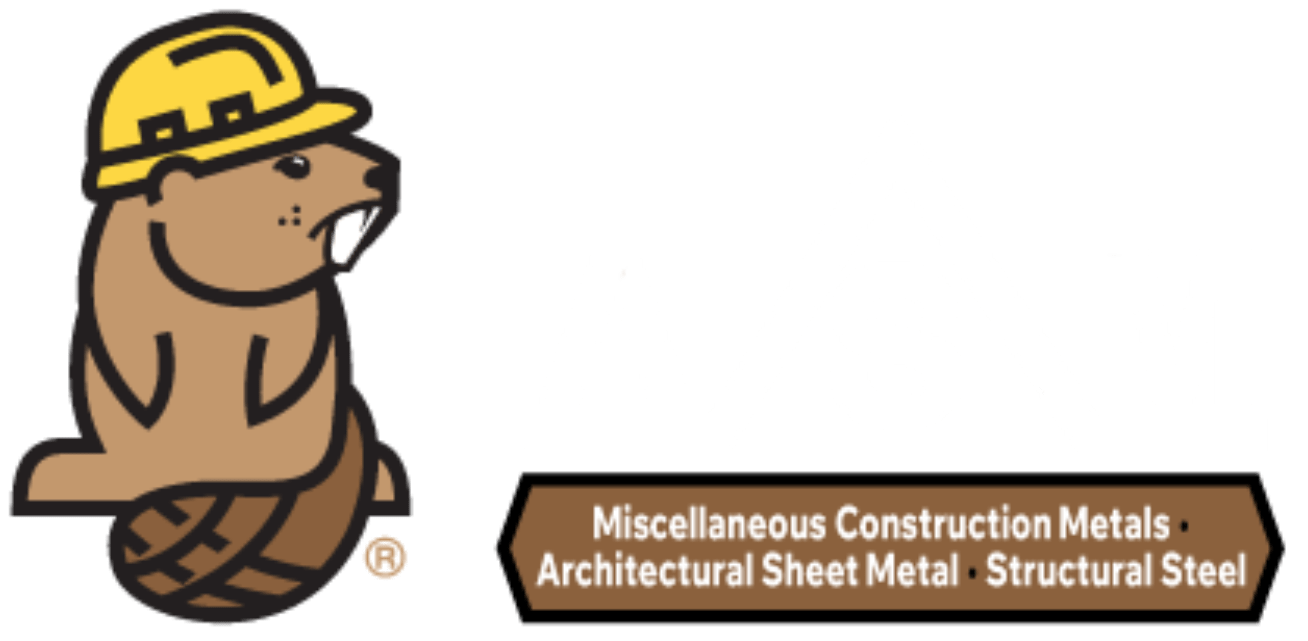Food manufacturing has always required efficiency, speed, and hygiene. To meet these demands, companies are turning to innovative solutions – one such solution is the integration of sheet metal conveyor systems.
These conveyor belts have proven to be invaluable in streamlining production processes, ensuring food safety, and maintaining the highest quality standards.
In this article, we will explore how sheet metal conveyor systems are revolutionizing the food manufacturing industry, and how you can do it for your process too.
Conveyors have been a staple in the food manufacturing industry for decades. They serve as the arteries of the production line, transporting ingredients, raw materials, and finished products seamlessly from one stage to the next.
Traditional conveyor systems were often made of materials like plastic or rubber, which presented challenges in terms of hygiene and durability.
Sheet metal, specifically stainless steel, has emerged as the preferred material for conveyor systems in the food manufacturing sector. There are several reasons for this choice.
Stainless steel is inherently resistant to corrosion and easy to clean. This makes it the ideal choice for food-grade applications where hygiene is paramount. Conveyor belts made from stainless steel can be thoroughly sanitized, reducing the risk of contamination.
Food manufacturing plants operate in demanding environments with heavy usage. Sheet metal conveyor systems are rugged and long-lasting, with the ability to withstand the rigors of daily production.
: Sheet metal can be easily customized to fit the specific needs of a food manufacturing plant. This includes conveyor dimensions, belt types, and additional features such as drip trays or diverts.
Stainless steel sheet metal meets the stringent regulations set by the FDA and USDA. Using compliant materials ensures that food manufacturers remain in compliance with industry standards.
Sheet metal conveyor systems play a pivotal role in streamlining production processes within food manufacturing plants
With sheet metal, these systems can be designed with automation in mind. This allows for continuous movement of products throughout the production line. This will then reduce manual handling, labor costs, and the risk of human error.
Sheet metal conveyors can handle a wide range of products, from raw ingredients to finished goods, making them versatile for various stages of production.
Custom conveyor designs can maximize floor space by utilizing vertical conveyors or mezzanines, allowing for efficient use of available space within the facility.
Food manufacturing is often time-sensitive. Sheet metal conveyor systems are engineered to run at high speeds while maintaining precision and product integrity.
One of the most critical aspects of food manufacturing is ensuring the safety of the products. Sheet metal conveyor systems ensure this because of their inherent hygienic properties. Of course, you will need to do due diligence to keep it that way.
Stainless steel is easy to clean and disinfect, reducing the risk of cross-contamination. Regular cleaning and maintenance routines can be implemented seamlessly.
Some metal conveyor systems are equipped with sensors and detectors that can identify foreign objects or contaminants, allowing for immediate removal from the production line.
Modern sheet metal conveyor systems can be integrated with data tracking and traceability systems, ensuring that product quality and safety are monitored and recorded throughout the manufacturing process.
As food manufacturers continue to seek ways to meet consumer demands for quality and safety, sheet metal conveyor systems will remain at the forefront of this transformative journey. Make sure to partner with an expert to get your systems working in peak condition.

© 2024 American Sheet Metal - All Rights Reserved